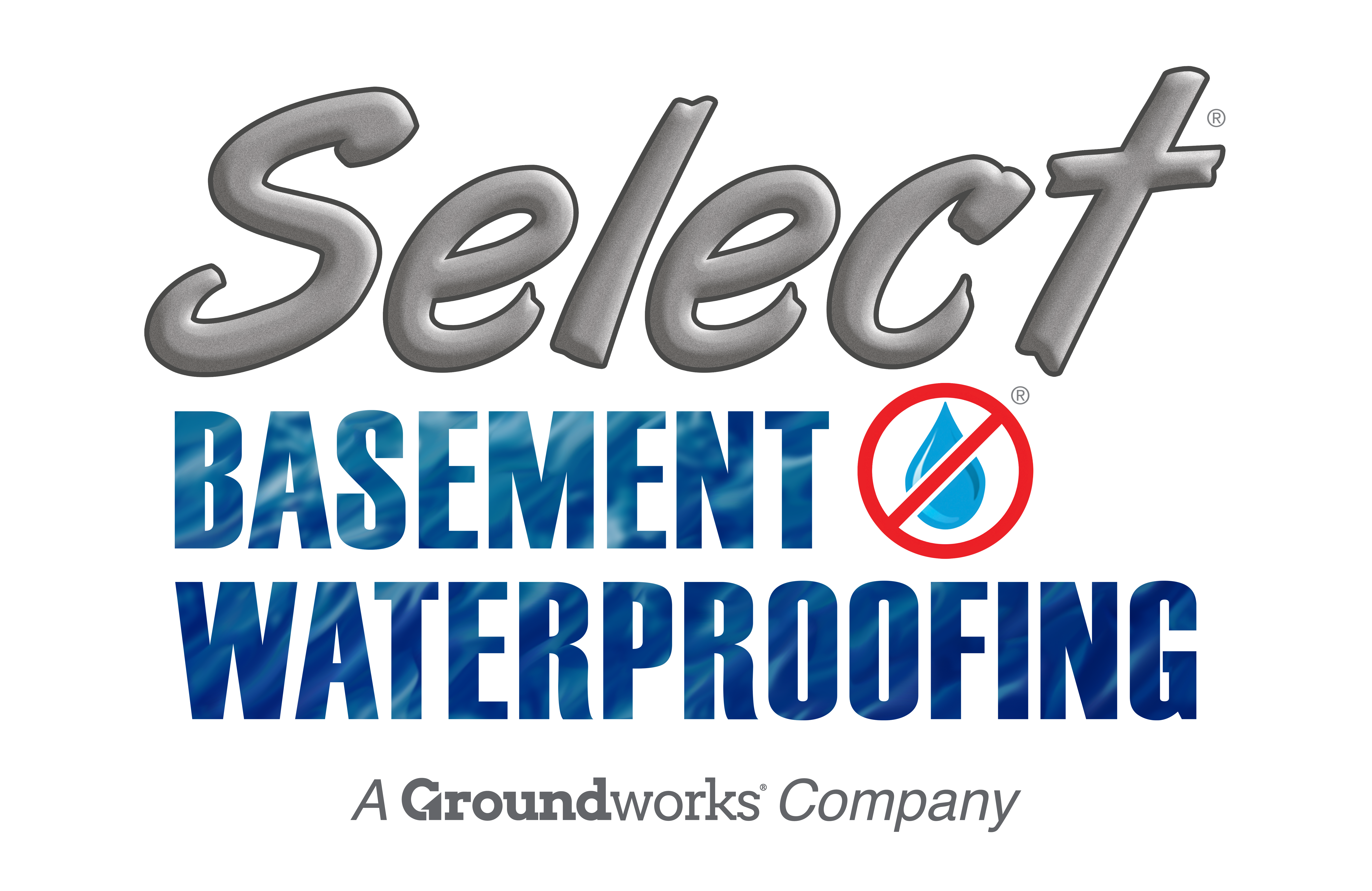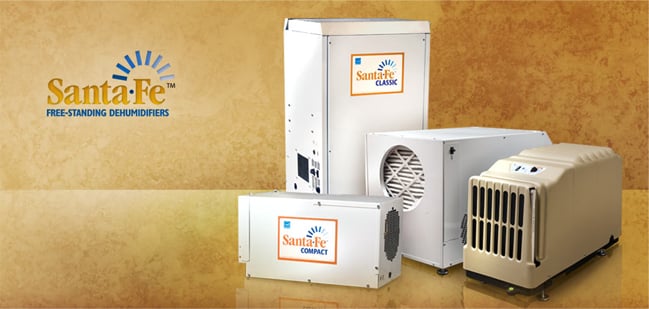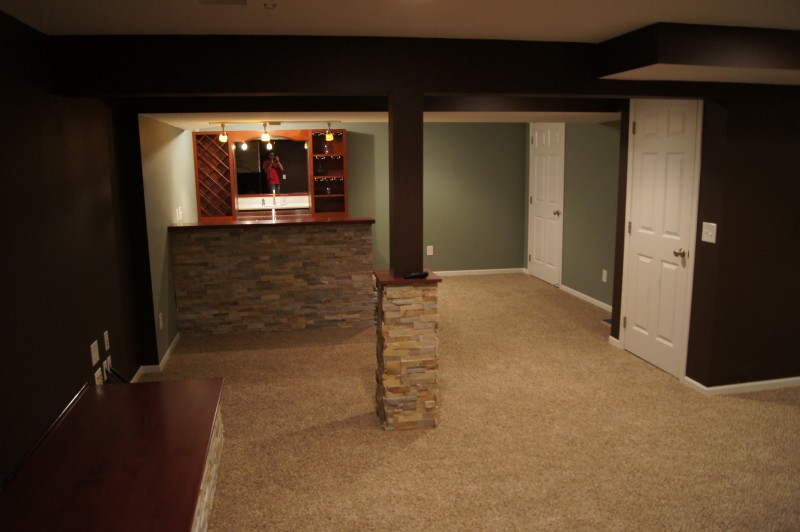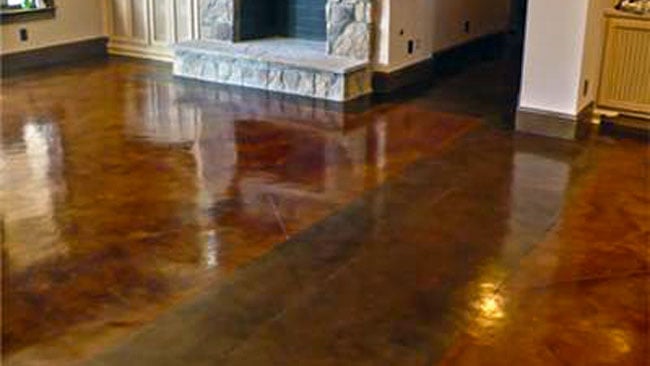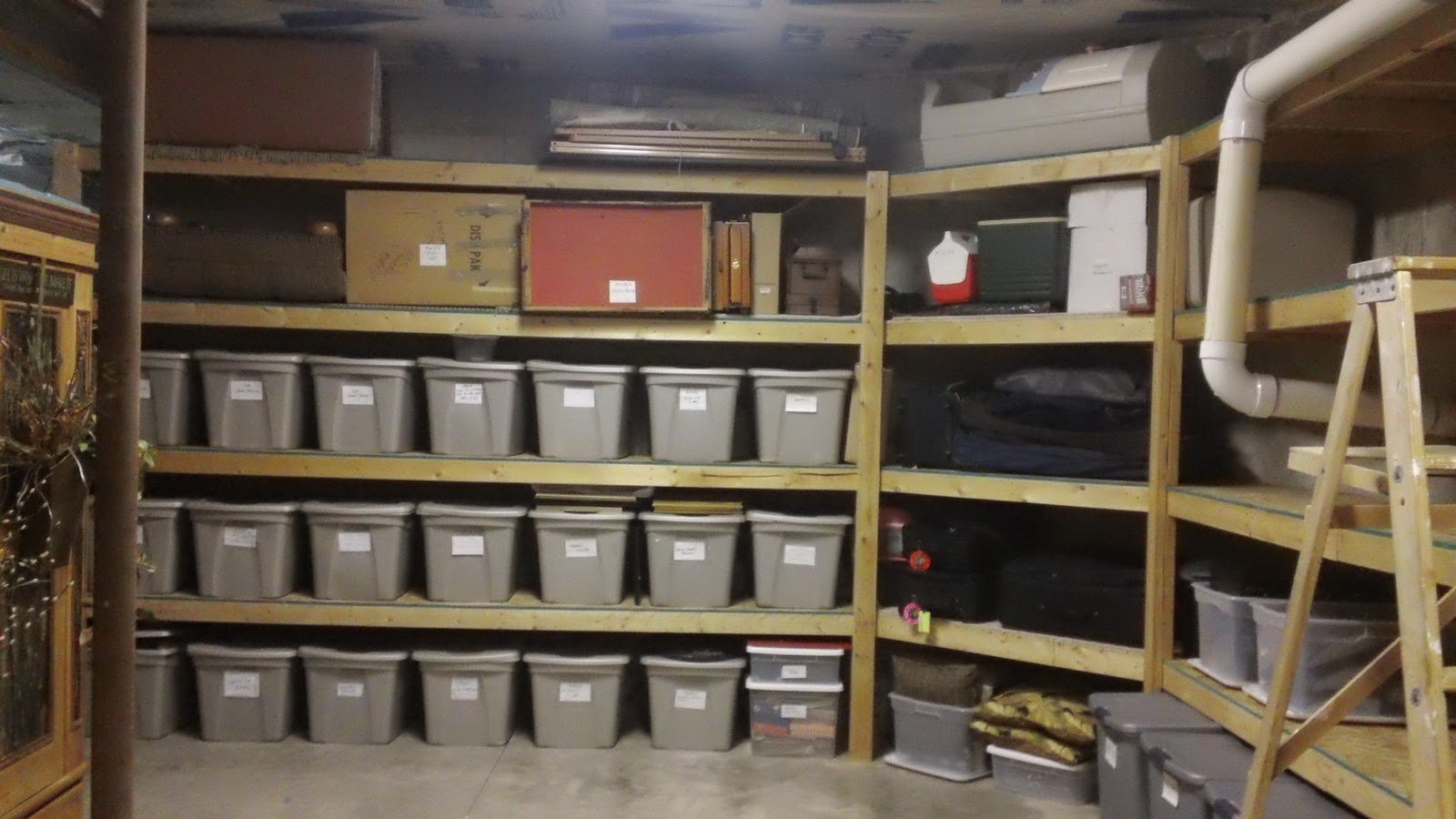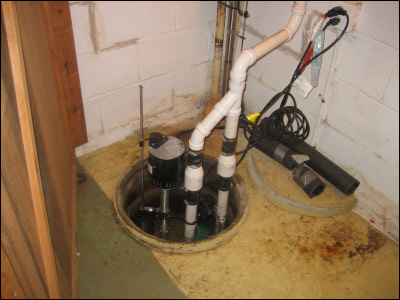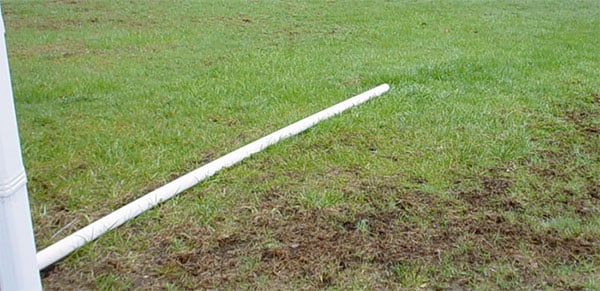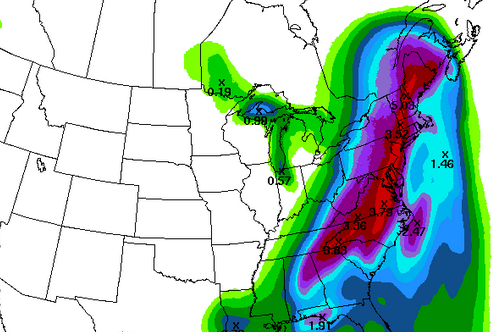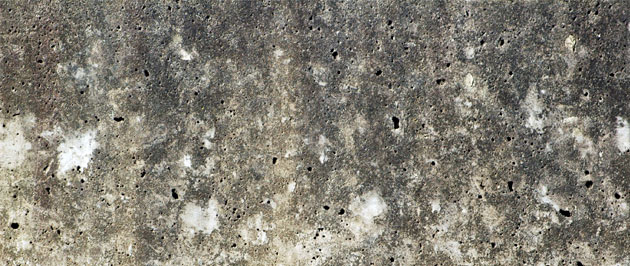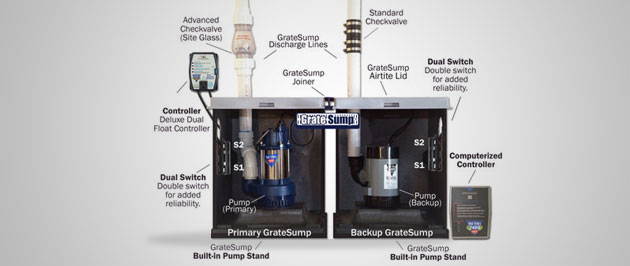Radon Mitigation
Radon is a colorless, odorless, tasteless, radioactive gas that appears in dark, damp spots in your home. Basements being the number one spot for this insidious killer, which usually goes unnoticed for far too long.
According to the EPA, it is estimated that nearly 20,000 lung cancer deaths a year are attributed to this deadly gas. But with proper inspection and mitigation, it doesn’t have to be that way.
Here are some facts and tips about radon mitigation, and why a professional in the field can help save your home from this silent killer.
– Testing is the only way you will ever know if your home has radon. There are no immediate symptoms associated with radon exposure, and it usually takes around a year for any signs to show up when there are.
– Primarily, exposure to radon gas takes place through inhalation or ingestion. While most often the gas is inhaled through air exposure, as it naturally decays, it can find its way into the ground and groundwater as well.
– Radon systems installed in a home work by creating negative pressure at foundation level, which stops radon from entering the home. These soil depressurization systems are installed permanently under the ground and head off radon before it seeps in.
– If you are having new construction done, passive radon mitigation systems can be installed while the building or structure is being built. These systems can prevent radon even without an exhaust fan.
– All radon problems are fixable. If your home is experiencing higher than normal radon levels, it is completely possible to reduce those down to normal, less harmful levels, and eventually remove them or stop them completely.
Interested in learning more about how we can help you with your home radon problems? Please don’t hesitate to contact us any time.
